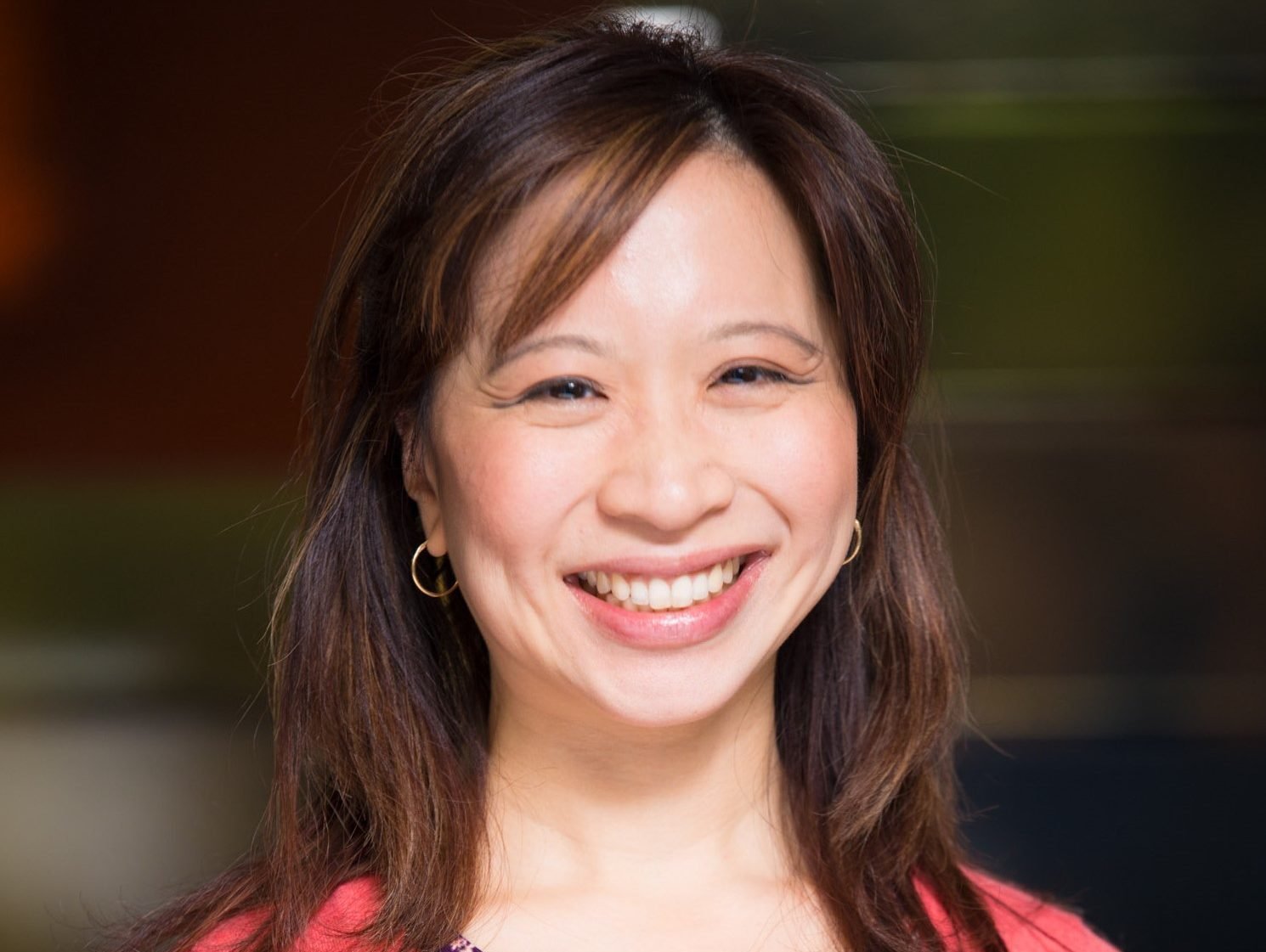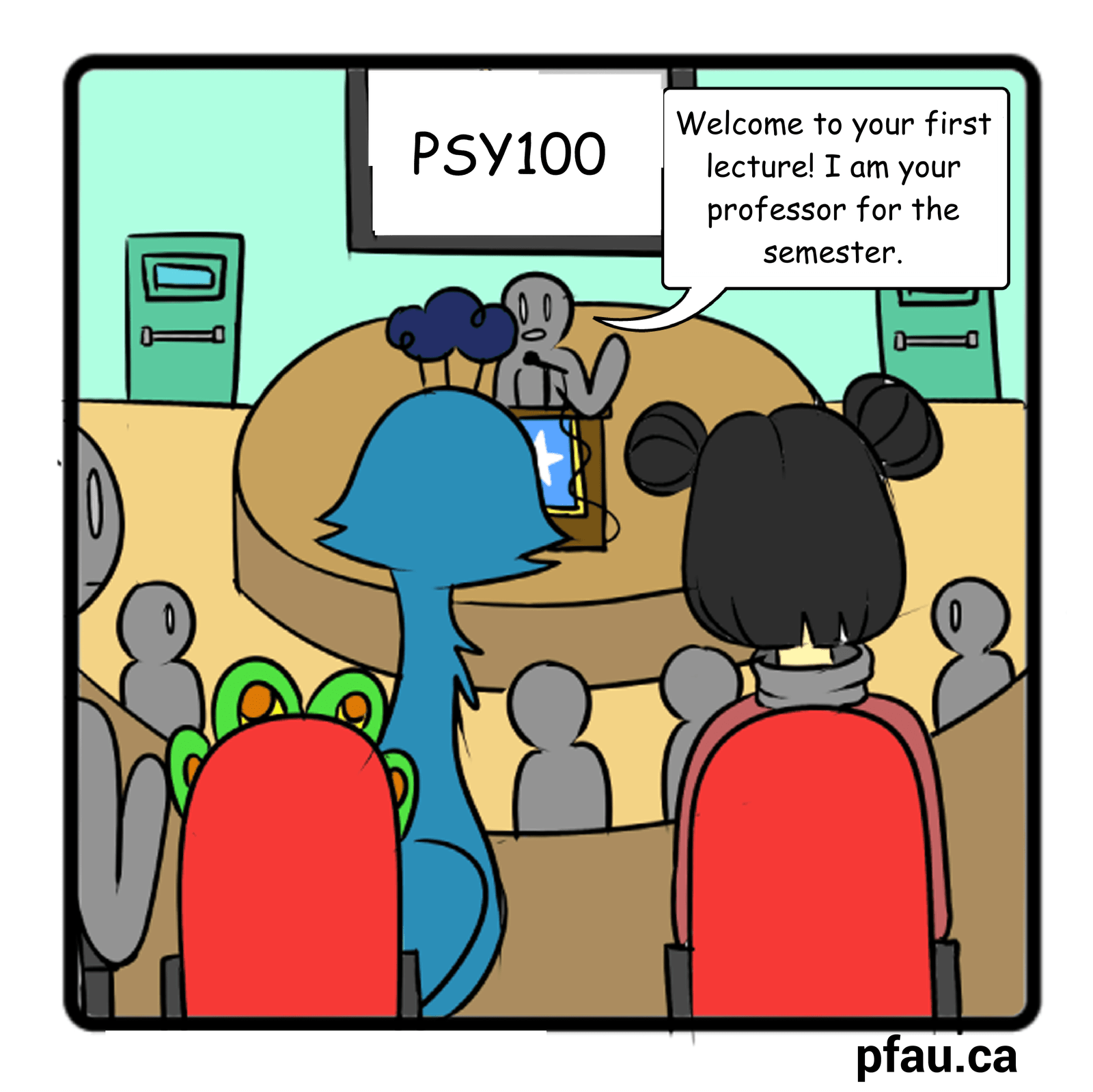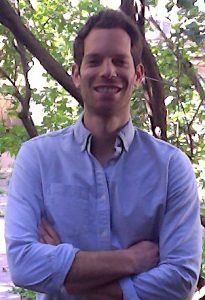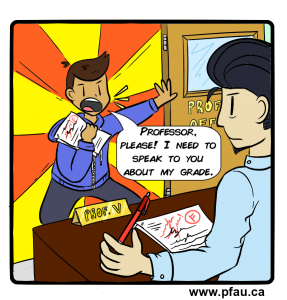As we enter spring and summer, students are looking for jobs in this uncertain period of COVID. As if job hunting wasn’t hard enough, COVID makes it even trickier. We wanted to share some career-related posts from last years, like this one, that would be helpful to students who are trying to find work during this uncertain period.
We interviewed Danielle Law, Associate Professor in Psychology and Youth and Children’s Studies at Wilfrid Laurier University, about her career journey from student to professor. While a B.A. degree provides students with transferable skills such as critical thinking, which can be used for a number of career paths, many choose to attend graduate school and eventually become a Professor.

Danielle is Associate Professor of Psychology and Youth and Children’s Studies at Wilfred Laurie University and Director of the Child and Adolescent Research and Education (CARE) Lab. Her research focuses on the social-emotional development of children and youth and their mental well-being. Danielle’s primary area of research focuses on online aggression, associated mental health concerns, responsible Internet use, and creating caring communities. She strives to connect academia with the community with her research, teaching and learning philosophies.
_
Can you tell us a little about what the daily work of a Professor is like?
_
In the summer and spring, I’m usually preparing for the fall. I am preparing for my courses. I’m also writing manuscripts for publication and also working on research projects. I also supervise graduate students, which happens all year round. For example, next week I have a thesis defense for one of my students. Then, I also need to attend committee meetings for the university to talk about program development and recruitment and etc.
_
What kinds of career options are there for PhD graduates in Psychology that are outside of mainstream academia?
Some of my students have gone into counseling or have become therapists. I have some students, and also my own colleagues and friends, who work for Statistics Canada. They do research for the government and I also have others who are researching for the private sector as a research associate for different industries because the thing about getting your PhD is that they’re training you to be able to conduct research. So, many of my colleagues and friends are conducting research outside of academia, but some are also working in school administrative positions, such as the school board. Some have even gone off to start their own research consulting firms.
What advice do you have for first-year university students?
I think it’s really important to open your doors to as many possibilities and if there are people accepting bachelor students to volunteer in their research labs, I would take it because it’s a very rare opportunity to get that chance to research outside of graduate school. All of my students in my lab, apart from two, are undergraduate students. They all have this opportunity to conduct research and have their names on publications during undergrad. It will help them to get into grad school later, and that’s one of the reasons why I like having this opportunity for undergrads in my lab.
Danielle’s Book Recommendations and Resources
Books:
Nonviolent Communication: A Language of Life by Marshall Rosenberg
Meditations by Marcus Aurelius
Give and Take by Adam Grant
Why we Sleep by Matthew Walker
The Power of Habit: Why We Do What We Do in Life and Business by Charles Duhigg
Podcasts:
“The Happiness Lab” by Dr Laurie Santos
”How To!” by Charles Duhigg
_
_
Thank you, Danielle, for sharing the excellent advice with us and our readers!
_
Missed the podcast? Listen here:
_
_
For more advice about writing, check out our weekly podcast or subscribe to our monthly newsletter.
_
To get more help with your assignments, book a 20 minute discovery session with us and start your journey to reaching your full potential on the page, and in life.
Both the written, visual, audio, and audiovisual content of this post has been created by and is the intellectual property of Lisa Pfau and PFAU Academic Writing. Please do not replicate any of the above content without our consent. However, please do feel free to share this post and its authorship widely.







